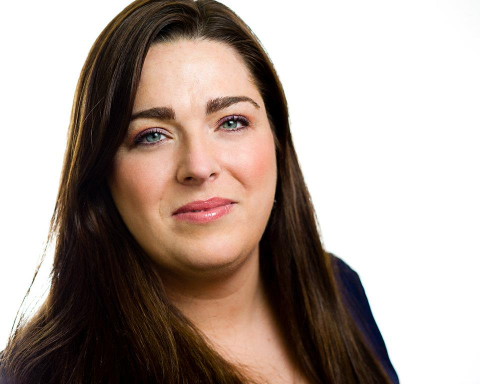As you may know, Ubuntu Membership is a recognition of significant and sustained contribution to Ubuntu and the Ubuntu community. To this end, the Community Council recruits members of our current membership community for the valuable role of reviewing and evaluating the contributions of potential members to bring them on board or assist with having them achieve this goal.
We have seven members of our boards expiring from their 2 year terms within the next couple months, which means we need to do some restaffing of this Membership Board.
We’re looking for Ubuntu Members who can participate either in the 12:00 UTC meetings or 22:00 UTC (if you can make both, even better).
Both the 12:00 UTC and the 22:00 UTC meetings happen once a month, specific day may be discussed by the board upon addition of new members.
We have the following requirements for nominees:
- be an Ubuntu member (preferably for some time)
- be confident that you can evaluate contributions to various parts of our community
- be committed to attending the membership meetings
- broad insight into the Ubuntu community at large is a plus
Additionally, those sitting on membership boards are current Ubuntu Members with a proven track record of activity in the community. They have shown themselves over time to be able to work well with others and display the positive aspects of the Ubuntu Code of Conduct. They should be people who can discern character and evaluate contribution quality without emotion while engaging in an interview/discussion that communicates interest, a welcoming atmosphere, and which is marked by humanity, gentleness, and kindness. Even when they must deny applications, they should do so in such a way that applicants walk away with a sense of hopefulness and a desire to return with a more complete application rather than feeling discouraged or hurt.
To nominate yourself or somebody else (please confirm they wish to accept the nomination and state you have done so), please send a mail to the membership boards mailing list (ubuntu-membership-boards at lists.ubuntu.com). You will want to include some information about the nominee, a launchpad profile link and which time slot (12:00 or 22:00) the nominee will be able to participate in.
We will be accepting nominations through Monday March 9th at 12:00 UTC. At that time all nominations will be forwarded to the Community Council who will make the final decision and announcement.
Thanks in advance to you and to the dedication everybody has put into their roles as board members.
Originally posted to the ubuntu-community-team mailing list on Tue Feb 17 10:29:01 UTC 2015 by Elizabeth K. Joseph, on behalf of the Ubuntu Community Council

